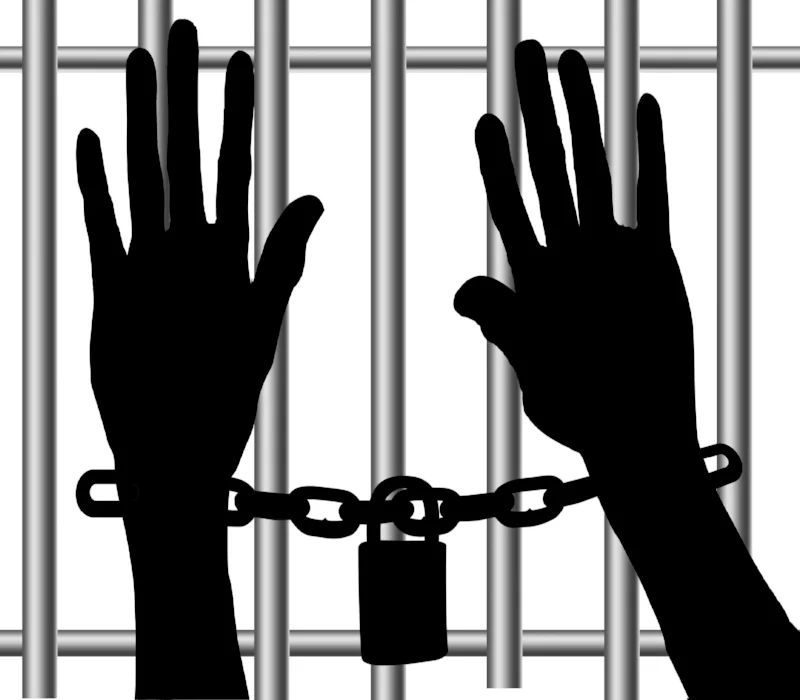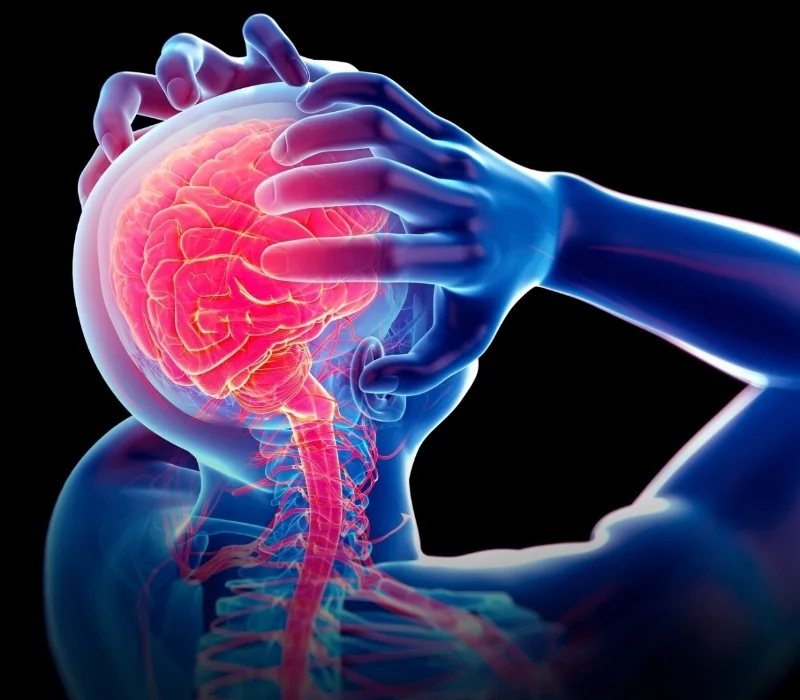Film credit IG: @bravenewfilms (https://www.bravenewfilms.org)
Breaking the link between criminal justice and mental health. Generating equity through comprehensive services. Shifting consumer’s focus from basic needs to interests and purpose. Offering an intrinsic motive to not re-offend. Because everyone deserves equity.
Incarceration Statistics
An estimated 2 million individuals with serious mental illnesses are admitted to jails each year. While the exact number varies across studies, it is estimated that anywhere from 10% to 50% of those incarcerated have a history of mental illness. One study indicates that approximately 20%, or about 383,000 inmates, have mental illnesses—which is 10 times more than those admitted in state psychiatric hospitals. In addition, nearly 2 in 5 people who are incarcerated have a history of mental illness (37% in state and federal prisons and 44% held in local jails). Only 3 in 5 people (63%) with a history of mental illness receive mental health treatment while incarcerated in state and federal prisons, and less than half of people (45%) with a history of mental illness receive mental health treatment while held in local jails.
Effects of Justice Involvement on individuals with Mental Health diagnoses
Mental Health Services offered in correctional settings are often sub par and offered in a punitive manner versus a therapeutic one. Males of color living with mental health issues are over represented in the criminal justice system and at a higher risk of being placed in Solitary Confinement than their white counterparts, 38% vs. 7% respectively. In addition, studies suggest that approximately 70% percent of male inmates suffered from past trauma and are often re-traumatized in this setting. Approximately 52% of those incarcerated are due to low level offenses who are unable to afford bail due to limited familial and social ties.
Current Service Provision
Due to poor pre-release discharge planning, individuals who are incarcerated are often released to the community without appropriate housing in place. This then impacts their ability to keep appointments with parole/probation, causing them to reoffend and return to prisons and jails almost immediately. In addition, lacking housing, individuals are unable to get stably connected to much needed mental health treatment, medical treatment, employment services, case management support, and all other needed services for them to thrive and be set up for success. These individuals are battling paranoia, anxiety, hyper-vigilance, and other mental health symptoms that being street homeless only exacerbates. They are then required to attend various appointments throughout the county for services, some of whom struggle with travelling generally, and others who find it hard to re-acclimate while doing all of this. Many go missing and disengage from treatment and/or their post release supervision. Some are violated by parole, others are re-arrested for new, typically minor, offenses and re-incarcerated. And the cycle continues. Much of the re-entry process is simply trying to “stay afloat”, which interferes with the ability to take any meaningful next steps.
Solution
Extensive coordination with legal professions, discharge planning, and service providers will ensure appropriate services are put into place, serving as a deterrent for re-arrests. Tua-aequitas offers the most logical solution to this issue: full investment and engagement in this population to help consumers not re-offend. With a focus on basic needs, consumers are not afforded the opportunity to move up on the hierarchy, to identify interests and purpose. Purpose will serve as an intrinsic motivator to not re-offend. Significant support and comprehensive services in a centralized location is the core component of the model. Highly specialized services, based on individual's level of functioning include include: housing, employment/educational, legal services, family services, leadership/peer training, entitlements services, mental health treatment, substance abuse treatment, life skill building, along with an extensive staff care component for employees.
Dedicated to change.
Project IMPACT is dedicated to facilitating this change in the community. We will advocate tirelessly to ensure that consumers who can remain in the community, do, and that they have all of the services they need to be successful. All Services are offered in a centralized location and Include:
Initial engagement while incarcerated
Pick up on the day of release and immediate placement Into Assessment Center
Placement into appropriate level housing Following Assessment
Educational/Vocational Services
Employment Services
Family Services
Mental Health/Substance Abuse Treatment
Life/Coping skills services
Leadership/Peer training
Money Management/Entitlements Services
Medical Services
Legal Services
Extensive Staff Care component




